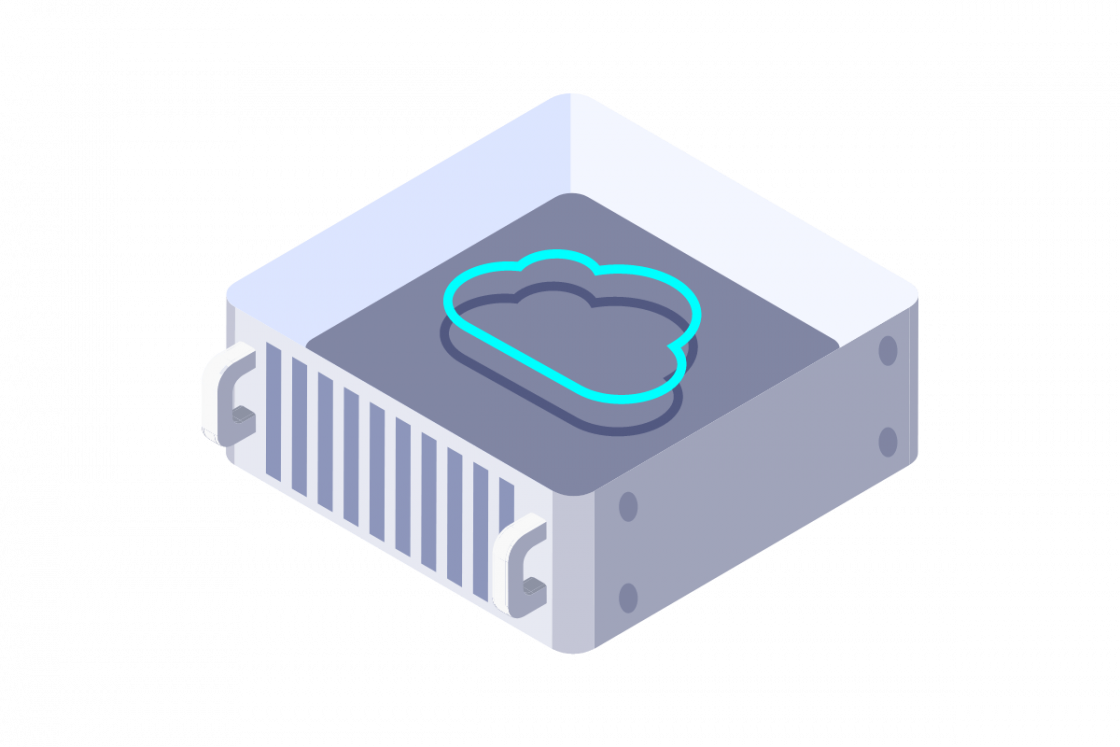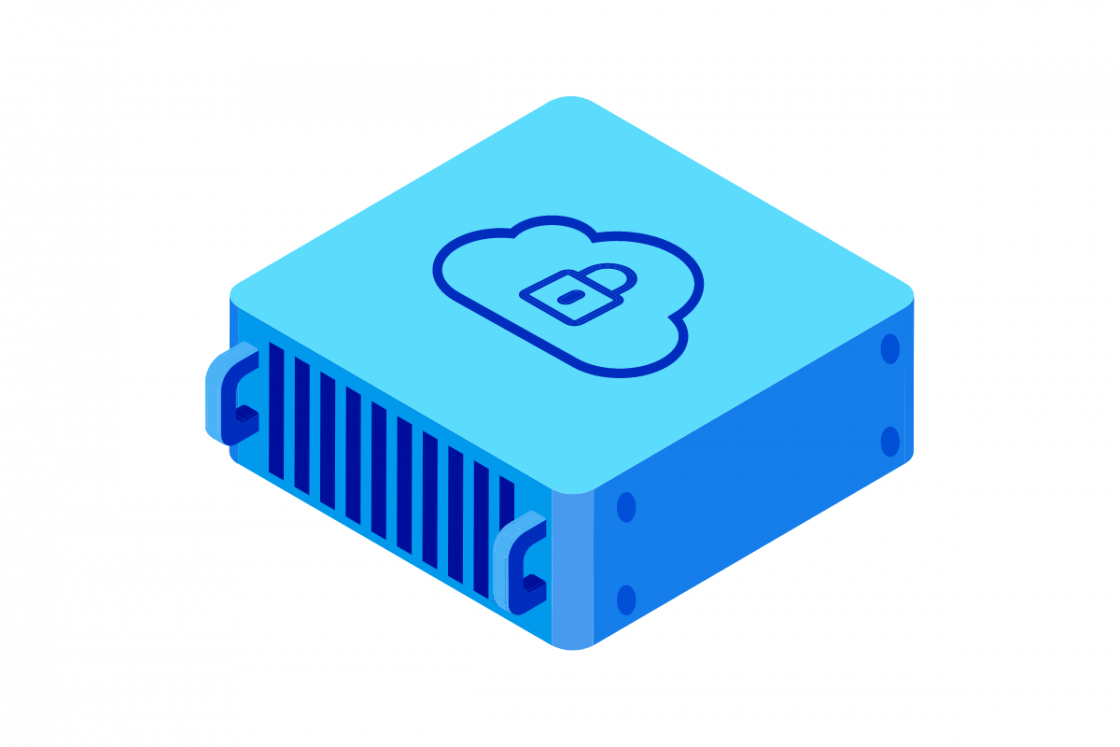What is a dedicated gaming server?
In the ever-evolving world of online gaming, the best hosting infrastructure that supports multiplayer experiences plays a crucial role in determining the quality of gameplay. At the heart of this infrastructure lies the concept of a dedicated game server, a powerful tool designed to enhance the gaming experience for players around the globe. A dedicated game server is essentially a standalone machine or a physical server that is used exclusively to host multiplayer video games.

Unlike other hosting methods where resources might be shared or dependent on a player's personal device, a dedicated game server operates independently, managing all aspects of game logic, data processing, and player connections without relying on any individual player's hardware. This hosting setup ensures a centralised and stable platform that significantly improves game performance by best reducing order lag and eliminating disruptions caused by the limitations of a host player's computer or network.
How Does a Dedicated Game Server Work?
Understanding the functionality of a dedicated game server requires a look into its centralized architecture and the way it manages the complex interactions of multiplayer gaming. At its core, a dedicated game server operates as a remote computer that hosts a video game, handling all the necessary data processing without the need for rendering graphics or running a game engine locally on a player's device.
Instead, the server focuses on managing the game world order, player statistics, and real-time interactions, sending instructions to each connected player's device on how to render the game state. This setup ensures that all players experience the same game environment simultaneously, regardless of their individual hardware or network conditions.
When a player connects to dedicated server hosting for games, their device communicates directly with the server, sending data about their actions such as moving, attacking, or interacting with the unlimited game world.
The server processes these inputs, updates the game state accordingly, and then broadcasts the updated information back to all connected players. This continuous loop of data exchange happens in real-time, ensuring that every player's view of the game remains synchronized.
Unlike peer-to-peer hosting, where one player's device acts as the hosting server and can cause disruptions if they disconnect or have a poor connection, a dedicated server remains online and best operational regardless of individual player status, providing a stable and uninterrupted gaming experience.
Advantages of Using a Dedicated Game Server
The decision to use a dedicated game server comes with a multitude of benefits that significantly enhance the online gaming experience. One of the most prominent advantages is the superior performance and stability these servers offer.
By allocating all resources exclusively to a single game, dedicated servers minimize lag and ensure consistent frame rates, even when numerous players are connected simultaneously. This high level of performance is critical for fast-paced or competitive games where responsiveness can make the difference between victory and defeat. Players can enjoy a smooth gaming experience without the interruptions often experienced in shared or peer-to-peer hosting environments.
Dedicated Game Server vs Shared Server
When choosing a virtual dedicated server hosting solution for online gaming, the comparison between dedicated game servers and shared servers often comes down to performance, cost, and control. A dedicated unlimited game server, as previously discussed, is a physical or virtual server used exclusively for hosting a popular game or community.
This exclusivity ensures that all resources—such as high Ghz CPU, RAM, NVMe SSD storage and bandwidth—are devoted solely to the game, resulting in the best performance with minimal latency and lag. Players connected to a dedicated server experience faster load times and a more stable gaming support environment, even during peak usage periods, making it the preferred hosting choice for serious gamers and large communities. But the high Ghz CPU, RAM and SSD NVMe storage really matter.
In contrast to a bare metal server, a shared server hosts multiple games or applications simultaneously, distributing resources among various users. While this makes shared servers a more affordable option, it often comes at the expense of performance.
The shared nature of resources means that if a popular unlimited game or user consumes a disproportionate amount of processing power or bandwidth, other users on the same server may experience lag or disruptions. This unpredictability can be particularly frustrating in multiplayer gaming, where consistent order performance is essential for an enjoyable experience. Shared servers are generally better suited for smaller gaming groups or casual players who prioritize cost over performance.
Common Types of Dedicated Game Servers
Dedicated game servers come in various forms, each tailored to different needs and gaming scenarios. The most straightforward type is the traditional dedicated server, a physical machine housed in a data center and used exclusively for hosting a single game.
This cloud server are ideal for large-scale multiplayer games or communities that require high performance and reliability, as they offer complete control over hardware and software configurations. Another variation is the virtual dedicated server, which operates within a virtualized environment on a physical server. While still dedicated to a single game or user, this best type leverages virtualization to provide a cost-effective alternative with similar benefits to a physical dedicated server.
Cloud-based dedicated popular game servers represent a modern approach, utilizing cloud infrastructure to host games. These servers offer scalability and flexibility, allowing resources to be adjusted dynamically based on player demand.
This type is particularly useful for games with fluctuating player counts, as it ensures hosting performance without the need for permanent over-provisioning of hardware. Additionally, containerized game servers are gaining popularity, using container technology to isolate game instances on a single physical server. This support method allows for efficient resource use and quick deployment of multiple popular game environments, making it suitable for developers or communities running several game servers simultaneously.
Performance and Latency Considerations
Performance and latency are critical factors in the world of online gaming, directly impacting the quality of the player experience. Dedicated unlimited game servers are designed to address these concerns by providing a high-performance environment that minimises delays in data transmission.
Latency, often referred to as ping, measures the time it takes for data to travel between a player's device and the server. High latency can result in lag, where player actions are delayed or out of sync with the game world, leading to frustration and a diminished gaming experience. Dedicated servers combat this by utilising powerful hardware and high-speed internet connections to ensure rapid data processing and transmission.
Several factors influence the performance and latency of a dedicated popular game server. The physical location of the server plays a significant role, as players located farther away from the server may experience higher support latency due to the increased distance data must travel. Server administrators often choose data centre locations strategically to minimise this issue for their target player base.
Additionally, network metrics such as packet loss and bandwidth usage are crucial, as they affect the reliability and speed of data transfer. Dedicated servers are typically equipped with robust network configurations to handle peak traffic and prevent desynchronization or glitches caused by lost data packets.
Security Features for Dedicated Game Servers
Starting security is a paramount server provisioning concern for dedicated game servers, as they are frequent targets for cyber threats that can disrupt gameplay and compromise player data.
One of the primary security support features of dedicated servers is their isolation from other users, which inherently reduces the risk of interference or resource contention that could expose vulnerabilities. Additionally, many dedicated servers are equipped with advanced protection mechanisms such as DDoS (Distributed Denial of Service) mitigation systems. These hosting systems detect and block support for malicious traffic intended to overwhelm the server, ensuring that gameplay remains uninterrupted even during attempted attacks.
Setting Up a Dedicated Game Server
Setting up a dedicated popular game server can be a rewarding endeavor, offering full control over the gaming environment, though it requires technical knowledge and careful planning. The first step is to determine the hardware and software requirements based on the specific unlimited game being hosted.
Different games have varying virtual server demands for CPU, RAM, NVMe storage, and bandwidth, so it’s essential to consult the game’s documentation or community forums to ensure the server meets or exceeds these hosting specifications, including e.g. NVMe. For those opting to build their own server, selecting high-performance components or repurposing an old computer can be a cost-effective approach, while others may choose to rent a pre-configured server from a hosting provider.
Popular Use Cases for Dedicated Game Servers
Dedicated game servers serve a wide array of starting purposes, catering to diverse gaming needs and communities. One of the most common use cases is hosting multiplayer games like Minecraft, Counter-Strike, or ARK: Survival Evolved, where players require a stable and responsive environment to explore, compete, or collaborate.
These servers allow for custom modifications and rules, enabling unique gameplay experiences that differ from official servers. For instance, a Minecraft server might introduce new mechanics or storylines through mods, while a Counter-Strike support server could feature custom popular game modes like surfing or deathmatches.
Another significant use case is in the realm of esports and competitive gaming tournaments. These events demand guaranteed uptime, low latency, and high performance to ensure fair and uninterrupted competition. It’s not serverless computing, however.
Dedicated unlimited game servers provide the reliability and control needed to host such high-stakes environments, often tailored to specific tournament rules or formats. Gaming communities formed on platforms like Discord or Reddit also frequently utilize dedicated servers to create private spaces for like-minded players to connect, starting friendships and collaboration in a controlled and safe virtual environment.
OVHcloud and Gaming Servers
Whether you're building enterprise-grade hosting applications, developing the next hit game, or hosting a vibrant online community, our range of dedicated server solutions is designed to deliver the performance and control you need to succeed. Explore our offerings below and find the perfect foundation for your projects - including the support you need such as DDoS protection.

Bare Metal
Experience unmatched performance, NVMe SSD storage and control with OVHcloud Bare Metal Servers. Designed for your most demanding workloads, our bare metal solutions provide dedicated physical servers without the virtualization layer, giving you 100% of the server's resources.

Game Dedicated Servers
Starting your gaming experience is best with OVHcloud Game Bare Metal Servers. Engineered specifically for the needs of game developers, publishers, and enthusiasts, these hosting and NVMe SSD storage servers deliver high-performance computing power to handle even the most resource-intensive games - plus DDoS protection to boot.

VPS for Gaming
Get into the game with OVHcloud Game VPS, your affordable, unlimited, and flexible solution for hosting and storage for game servers. Our Game VPS plans are specifically tailored to provide the optimal environment for online gaming, offering a balance of performance, ease of use, and cost-effectiveness plus great support.